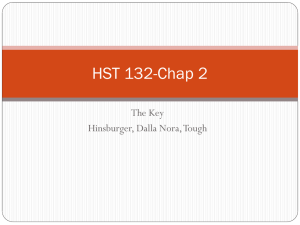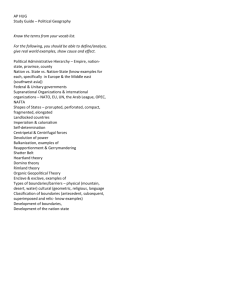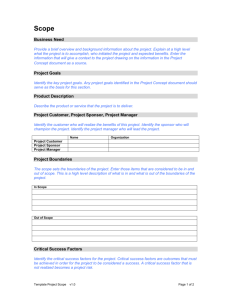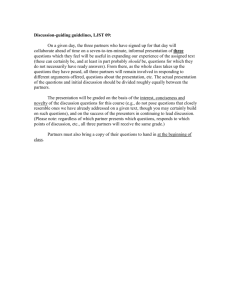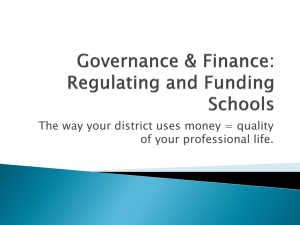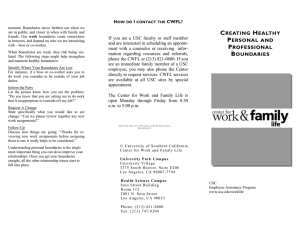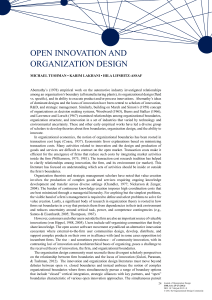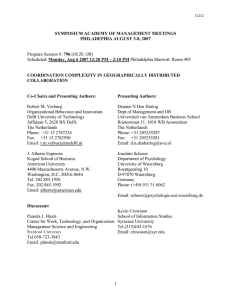Strictly Classified Friendships at Work
advertisement
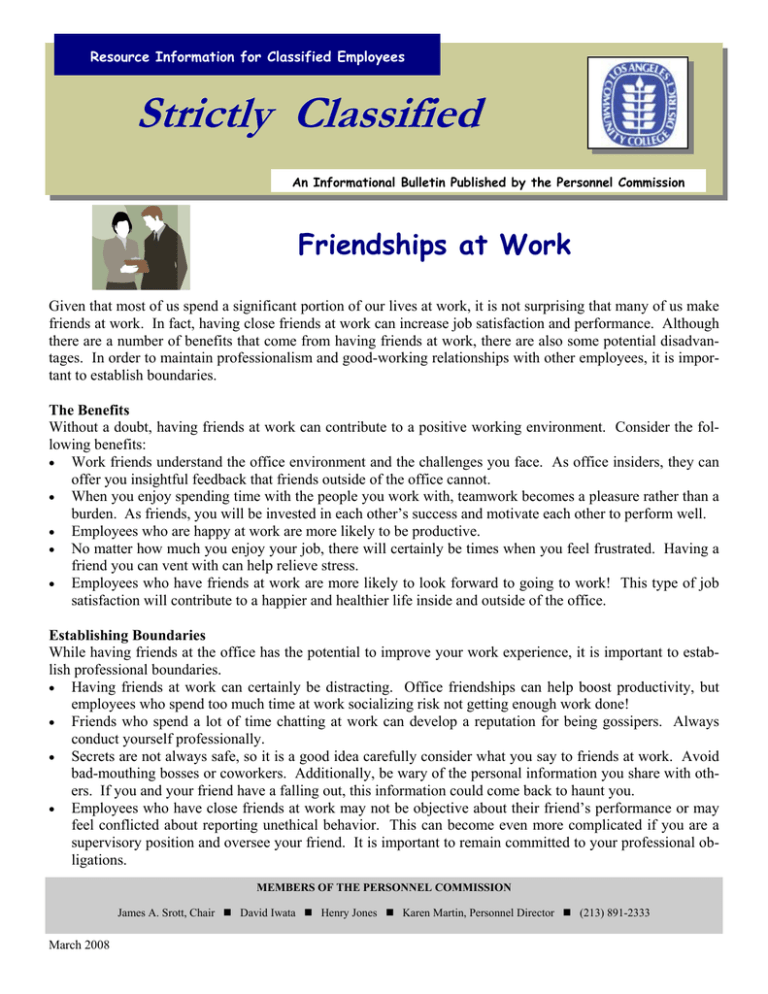
Resource Information for Classified Employees Strictly Classified An Informational Bulletin Published by the Personnel Commission Friendships at Work Given that most of us spend a significant portion of our lives at work, it is not surprising that many of us make friends at work. In fact, having close friends at work can increase job satisfaction and performance. Although there are a number of benefits that come from having friends at work, there are also some potential disadvantages. In order to maintain professionalism and good-working relationships with other employees, it is important to establish boundaries. The Benefits Without a doubt, having friends at work can contribute to a positive working environment. Consider the following benefits: • Work friends understand the office environment and the challenges you face. As office insiders, they can offer you insightful feedback that friends outside of the office cannot. • When you enjoy spending time with the people you work with, teamwork becomes a pleasure rather than a burden. As friends, you will be invested in each other’s success and motivate each other to perform well. • Employees who are happy at work are more likely to be productive. • No matter how much you enjoy your job, there will certainly be times when you feel frustrated. Having a friend you can vent with can help relieve stress. • Employees who have friends at work are more likely to look forward to going to work! This type of job satisfaction will contribute to a happier and healthier life inside and outside of the office. Establishing Boundaries While having friends at the office has the potential to improve your work experience, it is important to establish professional boundaries. • Having friends at work can certainly be distracting. Office friendships can help boost productivity, but employees who spend too much time at work socializing risk not getting enough work done! • Friends who spend a lot of time chatting at work can develop a reputation for being gossipers. Always conduct yourself professionally. • Secrets are not always safe, so it is a good idea carefully consider what you say to friends at work. Avoid bad-mouthing bosses or coworkers. Additionally, be wary of the personal information you share with others. If you and your friend have a falling out, this information could come back to haunt you. • Employees who have close friends at work may not be objective about their friend’s performance or may feel conflicted about reporting unethical behavior. This can become even more complicated if you are a supervisory position and oversee your friend. It is important to remain committed to your professional obligations. MEMBERS OF THE PERSONNEL COMMISSION James A. Srott, Chair March 2008 David Iwata Henry Jones Karen Martin, Personnel Director (213) 891-2333
